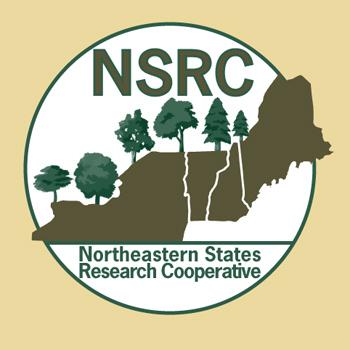NEBI (Water): Connecting N’dakinna (Land), Bilowagizegad (Climate), and Alnobak (People)

The goal of this project is to provide Indigenous college students in New Hampshire with research opportunities that combine indigenous knowledge of watersheds with empirically collected data from forested watersheds. Vital to life in N’dakinna (present-day Northeastern United States) is access to clean and safe surface waters. For the Indigenous people of N’dakinna, the Abenaki and Pennacook, nebi (Abenaki for water) provides the interconnected web that organizes life, providing access to fish, clean drinking water, and a network of waterways for transportation, trade, and communication. The relationship to water throughout contemporary New Hampshire maintains these relationships including access to food and clean water and supporting agriculture.
One contemporary challenge for Indigenous communities and water resource management alike is the uncertain effects of global change. This includes rising temperatures, shorter winters, extreme flooding, and prolonged drought. Human population pressures also impact water resources including changes in land use and degraded water quality.
The proposed project will engage Abenaki college students to develop 1) a virtual storyboard that preserves and shares Indigenous knowledge, language, and history about regional watersheds and 2) a unique research project using long-term surface water chemistry data to understand the effects of climate change on forested watersheds.
